Shiny, well-groomed hair is every woman’s dream. But what if, just a day after washing, it loses its freshness, becomes dull, and sticky at the roots? Rapidly oily hair is a common problem that can ruin even the most carefully styled hairdo. We at joy-pup will explore why this happens and what factors influence excessive sebum production.
Impaired Sebaceous Glands
The main cause of oily hair is overactive sebaceous glands in the scalp. They produce sebum, which is essential to protect hair from drying out and breaking. However, when this balance is imbalanced and too much sebum is produced, hair quickly loses its freshness. This disorder can be caused by:
- hormonal changes (puberty, pregnancy, stress, taking contraceptives);
- poor diet (too much fatty and sugary foods);
- deficiencies in B vitamins and zinc;
- chronic stress.
Try to wash your hair with a mild shampoo without sulfates and parabens, avoid too hot water, and don’t massage your scalp too vigorously, as this stimulates sebum production.
Haircare Mistakes and Frequent Washing
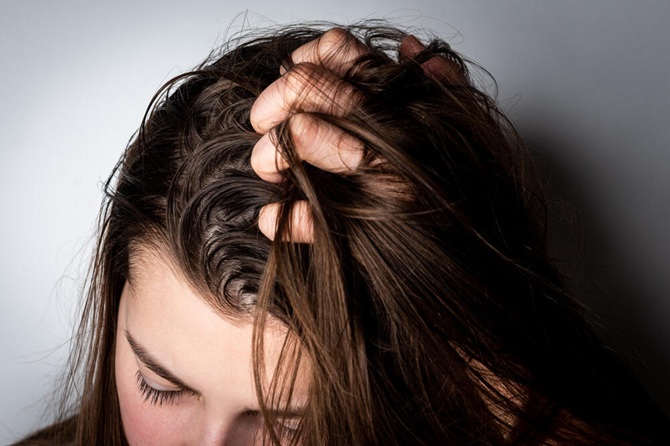
Paradoxically, the more often you wash your hair, the faster it gets oily. Why? When the protective layer is constantly washed away, the scalp begins to produce even more oil to restore balance. This creates a vicious cycle: the more often you wash, the oilier your hair becomes.
Common mistakes include:
- using “deep cleansing” shampoos daily;
- frequent use of dry shampoo;
- applying conditioner or mask to the roots (not just the ends);
- Brushing your hair with dirty brushes or brushing it too often during the day.
Optimally, wash your hair 2-3 times a week, choosing a shampoo based on your scalp type.
External factors and lifestyle
Hair condition is directly affected by lifestyle and external conditions. Air pollution, wearing tight hats, heat, and high humidity increase sebum production. Furthermore, lack of sleep, poor nutrition, and insufficient water cause the body to compensate for internal imbalances by overproducing sebum.
Therefore, monitor your diet (include vegetables, nuts, fish, and whole grains), drink more water, and periodically exfoliate your scalp with gentle exfoliants or toners.
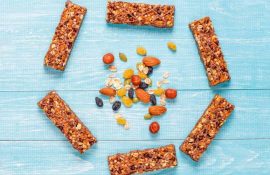
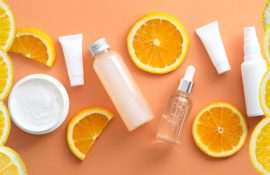


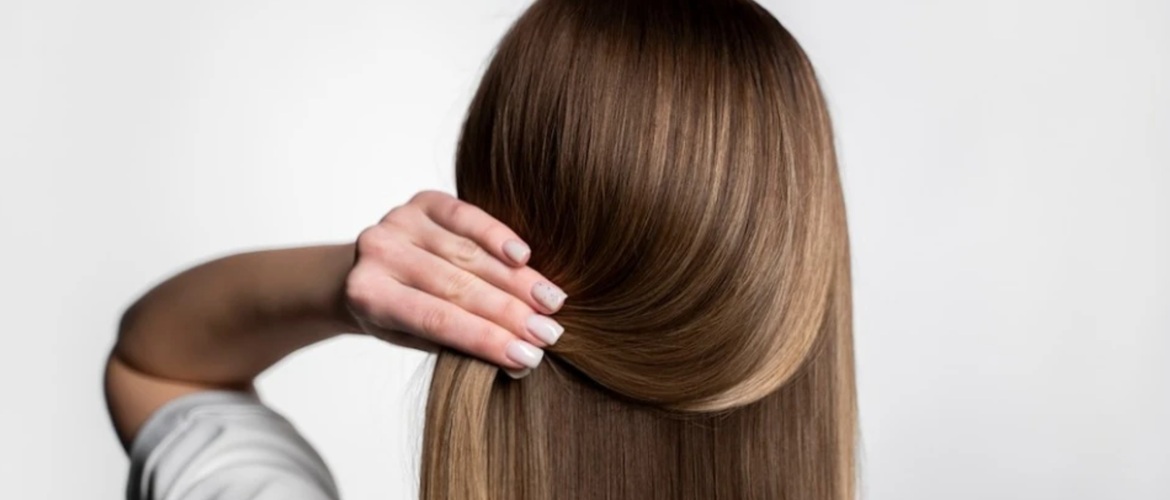
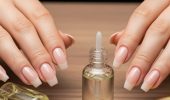
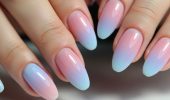
Only registered users can leave comments